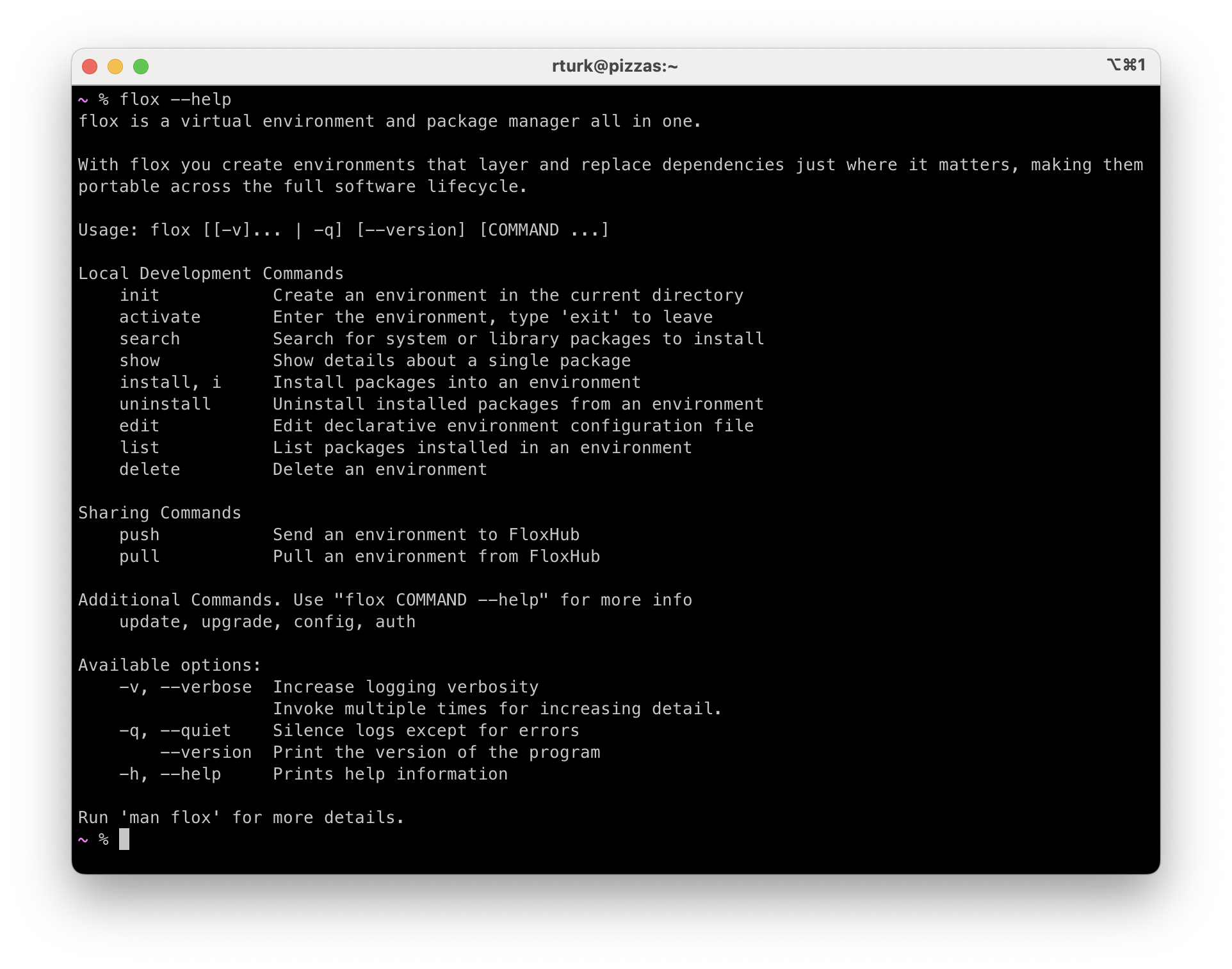Flox today made generally available an open source command line interface (CLI) for a namesake tool that enables developers to more easily spin up multiple custom development environments.
At the same time, the company revealed at the 21st annual Southern California Linux Expo (SCALE 21) that it is now providing access to FloxHub, a free repository for sharing development environments across teams.
Flox is based on the same declarative framework used to invoke the Nix package management and configuration tool. It allows developers to create environments that contain everything they need to build software, including automatic creation of a software bill of materials (SBOM).
Ross Turk, head of marketing and developer relations for Flox, said that approach provides developers with a framework for managing multiple development environments that they can spin up using the same methods commonly used to invoke the package managers versus having to master a less familiar approach to manage development environments, he added.
That capability makes it simpler for developers to both replicate development environments across machines and, when needed, dynamically switch between projects in a way that can be continuously audited by a centralized DevOps team. Instead of requiring a DevOps team to apply the same rigid standard environment across all development projects, each developer is still free to customize their environment based on their personal preferences.
In addition, developers trying to fix a bug can also now easily reproduce the development environment they were using at the time they were writing the code they needed to review.

DevOps teams are increasingly finding themselves caught between competing agendas. Many IT leaders are driving the adoption of platform engineering methodologies to centralize the management of DevOps workflows in the hopes of increasing developer productivity and reducing total costs. Conceptually, developers would prefer to have more backend processes managed by those teams, but not to the point where it forces them to use a development environment that has been defined for them. Each developer typically prefers to customize their development environment as the project evolves.
Arguably, one of the primary reasons developers embrace DevOps is that it gives them more control over their development environments. The challenge is that as each team defines its own DevOps workflow, organizations often later discover they are licensing redundant DevOps tools and platforms.
In the meantime, it’s not clear to what degree platform engineering might boost developer productivity. It no doubt will reduce the amount of time developers spend managing backend processes, but having that extra time doesn’t directly equate to better code being delivered faster. Writing code is as much an art as science, so it creates levels of inspiration that don’t always occur whenever a developer starts to write code. Instead, platform engineering creates more opportunities for inspiration to strike because they are not spending time on other tasks. At the very least, it should provide more time to run tests on the code that is produced.
One way or another, as application development continues to evolve, most organizations will find the middle ground that best suits their needs. The challenge now is reducing the amount of time between now and when that goal is eventually achieved.




